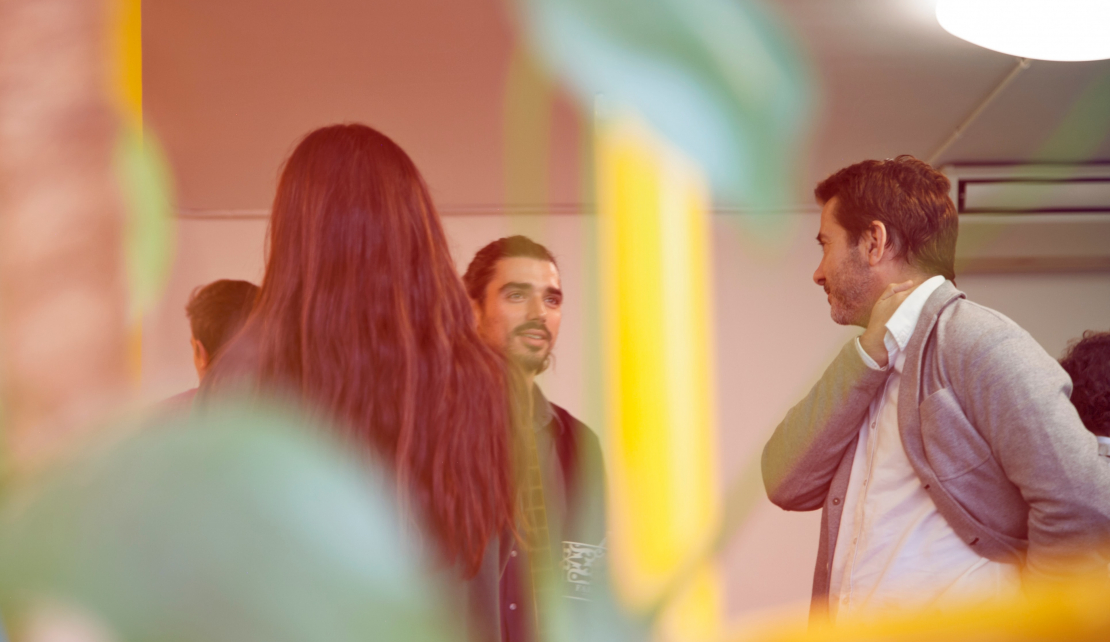Learning Creates spoke with Adam Jacobs, Co-founder of Hatch on learning pathways to employment - how recognising more can enable more young people to thrive.
Hatch is a business that matches young people with junior roles. Their website states ‘We look beyond the CV to provide a shortlist of the best-fit candidates, saving you time and managing bias.’ Hatch makes it clear that a formal CV is not the most reliable or fairest way to judge whether a young person is the right person for a particular job.
Adam explains this further by indicating that conventional markers are seemingly reliable but they actually often mask many of the deeper skills and attributes a young person carries which are often more relevant to a job or position than what gets captured on a CV.
‘Knowing someone’s education background – the school they went to, the marks they received - is one form of information. But it also means biases creep in – even if they are unconscious biases.’ Adam explains.
And the Hatch website puts it nicely too: Hatch’s matching science finds the best candidates and brings their profiles to life with engaging video interviews and candidate summaries, so you can get a real sense of the person before meeting them.
Employers often know from experience that the traits a person has, their ability to focus or to manage time or to ask questions to get the information they need are more valuable to assess in some way than what school a person went to.
Employers find many of the real things they want to know about a person very hard to interpret from using a conventional CV. But we all know and trust the CV format, because we know it. So we keep using it. But not Hatch.
'It’s important to meet people where they are’ says Adam and by this he means whether they went to a great school or not much school at all. Hatch prefers to describe everyone’s attributes because everyone has a way to represent what they know and can do and once we can see those things more clearly, we can identify what kind of job may be a good fit.
And after school, if some young people have stopped Uni or delayed going to Uni for a while, this should not be seen as the end of their employability. ‘We are seeing a much faster rate of skill renewal – skills may not have changed for a job 20 years ago but are changing rapidly now.’ We don’t all have to follow the same linear path – we can go in and out of learning at different times as we move through our working life doing different things. More and more employers are saying ‘that’s all OK!’. Hatch is embracing this opportunity.
If a system of work has been designed with one archetype in mind and is based on the person with good grades and who went to university we are not really reflecting all the skills and qualities we need in diverse teams.
‘If someone can describe different experiences, we use that data and make a way for it to work for them. We find a way to represent everyone in a way that is much richer and more relevant than just scanning a piece of paper.’
So, in answer to the question: If someone has the capabilities that make them a great performer but they can’t be captured in a CV format, does that mean they should not be considered for a role?
Hatch says ‘We believe that should not matter. What matters is who they are. Our reliance on formal methods of assessment is often the problem – not the person.’
In a nutshell, Hatch makes more of what different people have learnt. They make these things easier to rate by making them more visible and valued.
‘Absolutely we would be able to employ more young people with different life experiences into different jobs if recognition was broader. By looking beyond a person’s CV and not relying on conventional markers we can present values and things that are very important ways of identifying if someone is going to be a high performer in a job. We can see their capabilities, their values, their qualities – and these things really matter in the world of work.’
--
This article is part of our Discussion Paper Shifts and Flows in Learning and Work which explored the changing relationship between employers and young people. You can access the full report here: https://www.learningcreates.org.au/findings/discussion-paper-shifts-and-flows-in-learning-and-work




